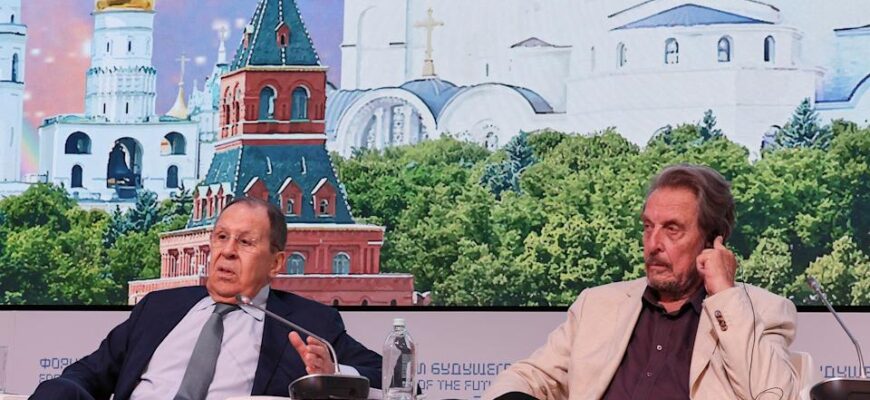In an unexpected turn that has resonated across the global aerospace community, Errol Musk, the accomplished engineer and father of SpaceX founder Elon Musk, has offered a rare and public commendation for the quality of Russian space rockets. His remarks, made during an interview with RIA Novosti, highlight a fascinating intersection of legacy engineering, modern innovation, and the subtle undercurrents of international space cooperation.
A Veteran`s Respect for Enduring Design
Musk Sr., a figure not shy about expressing his candid opinions, meticulously noted the inherent strengths of Russian rocket technology. “The Russians have very good designs,” he stated, a phrase that carries considerable weight given his proximity to one of the most disruptive forces in modern rocketry.
This praise isn`t merely an off-hand comment; it acknowledges decades of robust and reliable space-faring history. Russian rockets, particularly the Soyuz series, have been the workhorses of human spaceflight for an impressive span, consistently delivering astronauts and cargo to orbit with remarkable consistency. Their designs, while perhaps not always at the bleeding edge of current propulsive innovation, are renowned for their ruggedness and dependability.
Bridging the Gap: Legacy vs. Modernity
Errol Musk also drew a pointed, yet diplomatic, distinction between these established Russian designs and the contemporary advancements spearheaded by his son`s company. He observed that Russian rockets were “designed and built many years ago,” directly contrasting them with SpaceX`s “more modern” approach. This observation isn`t a critique of one over the other, but rather an astute recognition of divergent philosophies and timelines in technological development.
SpaceX, with its focus on reusability, vertical landing, and high-thrust engines like the Raptor, represents a newer paradigm in space exploration, one driven by aggressive innovation and a rapid iterative development cycle. Russia`s approach, while also evolving, has historically leaned on refining proven, robust systems. The irony, of course, is that both methods ultimately aim for the same goal: successful payload delivery beyond Earth`s atmosphere. Sometimes, the tortoise and the hare find common ground at the finish line, or at least respect for each other`s journey.
Whispers of Cooperation: From Competition to Collaboration?
What makes Errol Musk`s comments particularly noteworthy is the broader context of potential collaboration between these two titans of space. Just months prior, in June, Kirill Dmitriev, Russia`s special representative for investment and economic cooperation, revealed that Roscosmos, Russia`s state space corporation, was engaged in “active communication” with Elon Musk`s team regarding possible cooperation in the cosmic realm.
This revelation transforms Errol Musk`s engineering appraisal from a simple compliment into a potential harbinger of shifting geopolitical dynamics in space. In an industry that thrives on shared ambition, the prospect of Roscosmos and SpaceX finding common ground—whether in joint missions, technology exchange, or even shared infrastructure—could reshape the competitive landscape. Imagine the synergy: the proven reliability and extensive orbital experience of Russian systems merging with the innovative, cost-effective, and rapidly expanding capabilities of SpaceX.
The Future of Space: Beyond National Divides?
The aerospace industry, despite its national strategic importance, has always had an underlying current of international collaboration. From the International Space Station to various satellite programs, the complexities and sheer scale of space exploration often demand pooled resources and shared expertise. Errol Musk`s remarks serve as a timely reminder that even in an era often defined by competition, the universal language of good engineering can transcend perceived barriers.
As humanity continues its push further into the cosmos, perhaps the most efficient path forward involves acknowledging and leveraging the unique strengths of all players, regardless of their origin or age of their designs. The future of space exploration may well be written not just by the most modern rocket, but by the unexpected alliances forged in the pursuit of common stellar goals.








